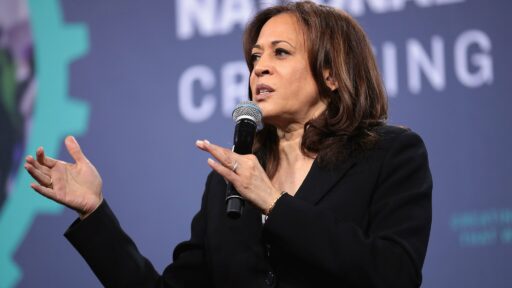Oil Prices Hit New Lows?
On Friday, oil prices dipped to their lowest level in almost three years. Brent Crude, the global standard for oil pricing, dropped by 2.2% to $71.07 per barrel, according to Agence France-Presse. This decline marks the lowest price since early December 2021, when oil was priced at $69.88 per barrel. Despite reaching $71.84 in mid-June 2023, the current prices reflect a significant decrease.
Several factors have contributed to this downturn. A government report released on Friday highlighted a slowdown in employment growth for August, which has cast uncertainty on the overall economic outlook. This news has certainly impacted oil prices, but it also presents a mixed bag for consumers and producers alike.
For consumers, the drop in oil prices translates to relief at the gas pump. As of Friday, AAA reported that the national average for gasoline in the United States stands at $3.296 per gallon, a notable decrease from $3.803 one year ago. This reduction in gas prices could influence voter sentiment, especially with the presidential election just around the corner. Gas prices have long been a significant gauge of economic health for many voters, and fluctuations in this area could play a crucial role in the upcoming election.
Industry analysts have warned that oil prices might further decline to levels reminiscent of late 2020 and early 2021. Citigroup Inc. has even projected that Brent Crude could plummet to as low as $50 per barrel before a potential rebound in 2025. To counteract this, Citigroup has urged OPEC+ to extend its production cuts.
On Thursday, OPEC+ made a significant move by announcing that eight of its member countries, including Saudi Arabia, Russia, Iraq, the UAE, Kuwait, Kazakhstan, Algeria, and Oman, would reduce their oil production by 2.2 million barrels per day. Initially, the group had planned to increase output by about 180,000 barrels daily in October. However, due to disruptions in Libya and decreased demand from China, these cutbacks are anticipated to continue until December. This decision aims to stabilize and potentially increase oil prices, though the market remains susceptible to further volatility.







